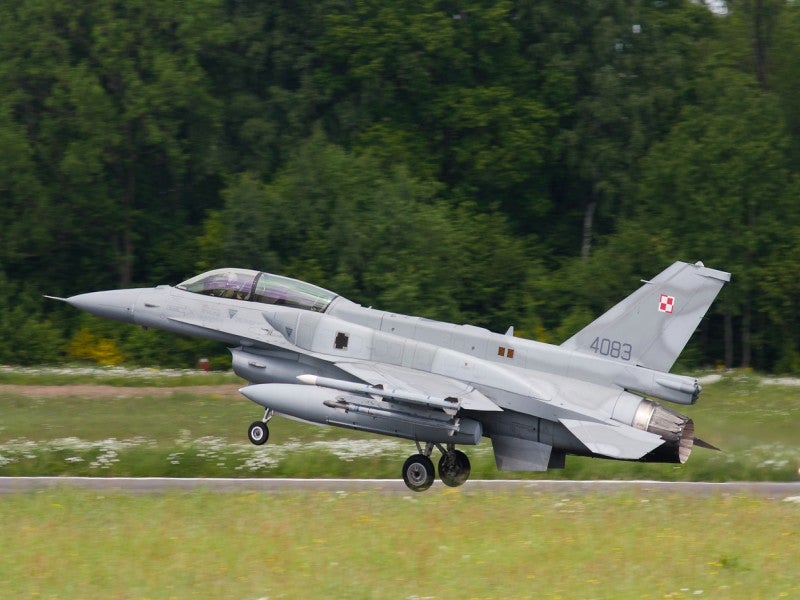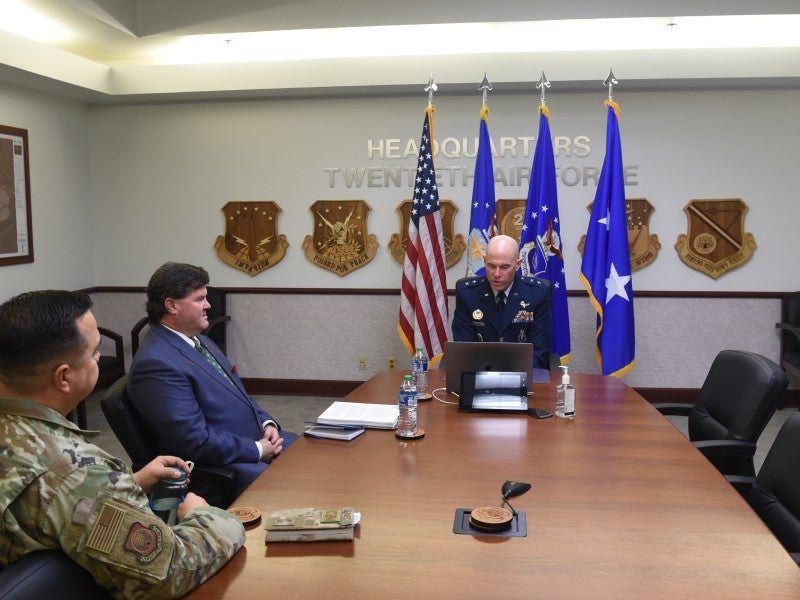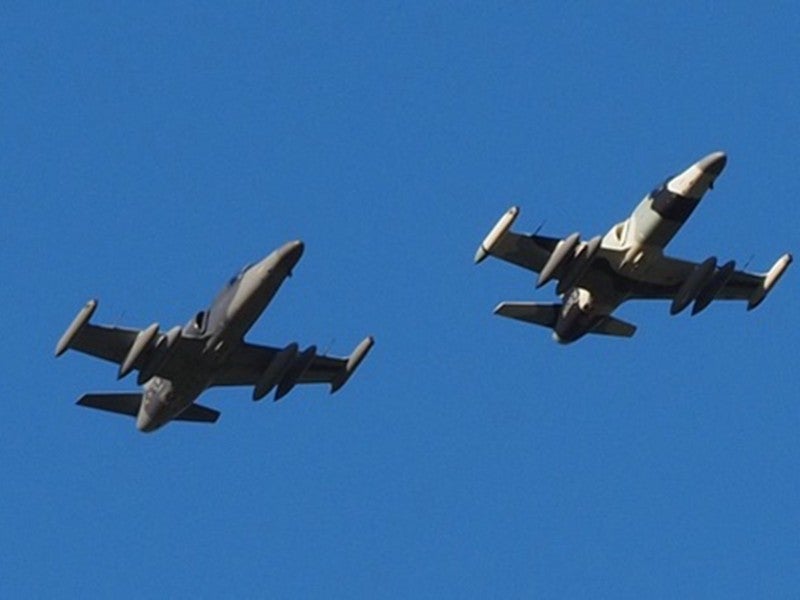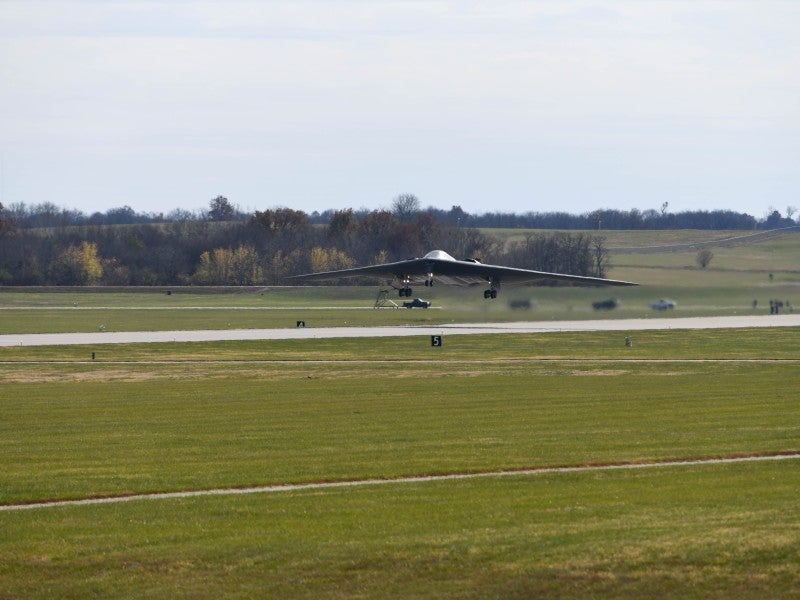
Boeing‘s wholly owned subsidiary Millennium Space Systems has successfully completed critical design review (CDR) of the mission payload for the Missile Track Custody (MTC) programme.
MTC is the US Space Force’s (USSF) programme managed by Space Systems Command (SSC).
In May 2021, the USSF’s Space and Missile Systems Center (SMC) selected Millennium Space Systems and Raytheon Technologies to develop a prototype for the MTC programme.
Work under this award required both companies to go through a payload CDR and deliver digital models for assessing the next-generation overhead persistent infrared (OPIR) sensor designs’ capability to meet missile tracking needs.
The selected companies are initially responsible for delivering and validating the missile tracking designs and its predicted performance.
SSC Space Sensing Directorate Resilient Missile Warning/Tracking/Defence Space, Resilient Missile Warning/Tracking/Defence Acquisition Delta materiel leader lieutenant colonel Gary Goff said: “This initial CDR process marks 18 months of hard design work that is necessary to build next-generation of affordable OPIR sensors that can detect and maintain custody of emerging missile threats.”
Millennium’s mission payload has been designed leveraging Boeing’s five-year development work that involved high levels of onboard track autonomy for providing hypersonic glide vehicle target detection and tracking capability.
Besides, Millennium will continue to use a fully digital engineering environment that will further shorten design cycles and minimise overall costs.
The company is now planning to transition into space and ground segment development for the programme, which is scheduled to launch in 2026.
Millennium Space Systems CEO Jason Kim said: “We’re marching forward to meet the threat.
“We developed a world-class system and digital model that gives our customer the ability to accurately track hypersonic glide vehicles and modern threats.”




